
Rising gas bills can be a source of stress for many households, especially when the charges seem unexpectedly high. Understanding the factors that contribute to increased gas consumption and learning practical ways to reduce your usage can make a significant difference. Here are 14 common reasons your gas bill might be soaring and actionable tips to cut costs immediately.
1. Inefficient Heating Systems

Many homes rely on old or poorly maintained heating systems that consume more gas than necessary. Upgrading to a modern, energy-efficient furnace can drastically reduce your gas usage. Regular maintenance, such as cleaning filters and servicing the furnace, ensures it runs efficiently. Consider scheduling annual check-ups with a professional to keep your system in top shape.
2. Poor Insulation
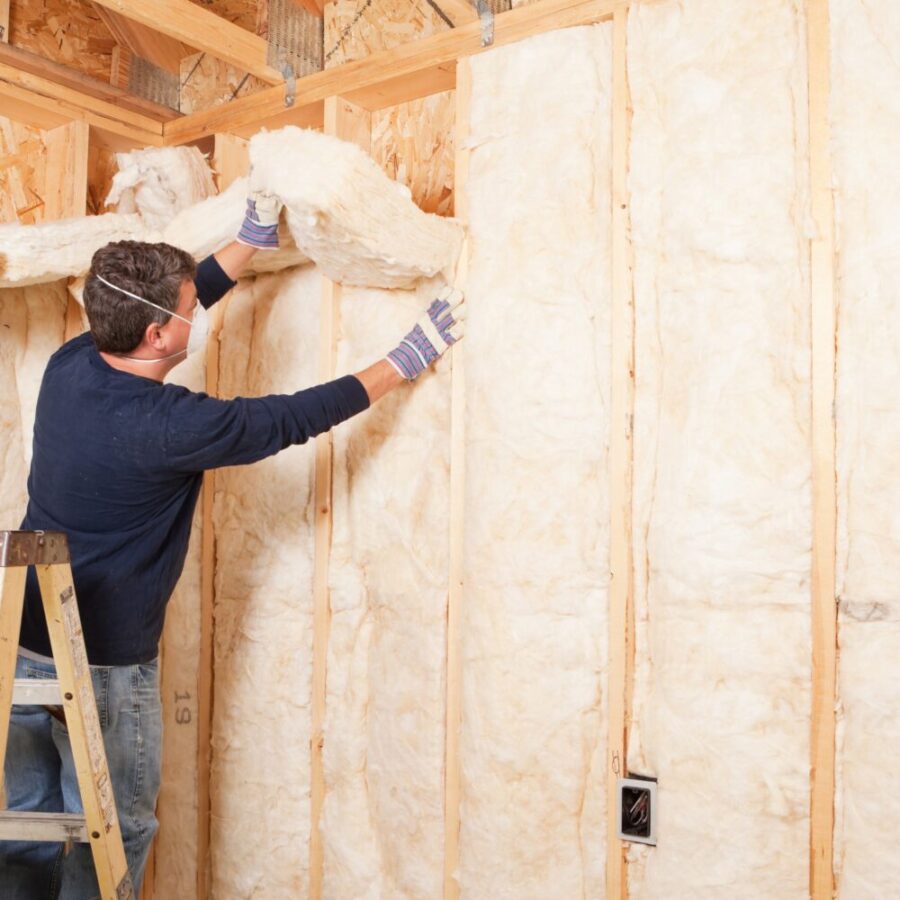
Inadequate insulation in your home can lead to significant heat loss, causing your heating system to work harder. Adding insulation to your attic, walls, and floors can help retain heat and reduce energy consumption. Sealing gaps around windows and doors with weather stripping or caulking can also prevent drafts, keeping your home warmer.
3. Thermostat Settings
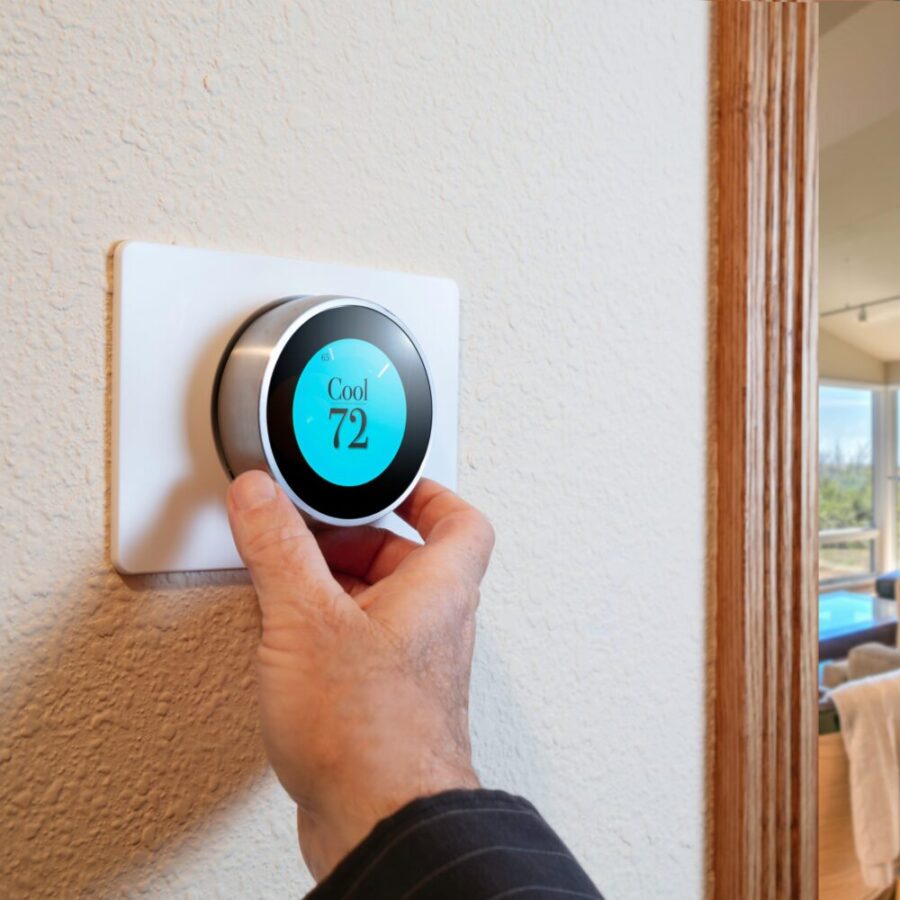
Setting your thermostat too high can lead to unnecessary gas usage. Lowering your thermostat by a few degrees can result in substantial savings. Programmable thermostats allow you to automatically adjust the temperature when you’re not home or during nighttime hours, optimizing your energy use.
4. Hot Water Usage
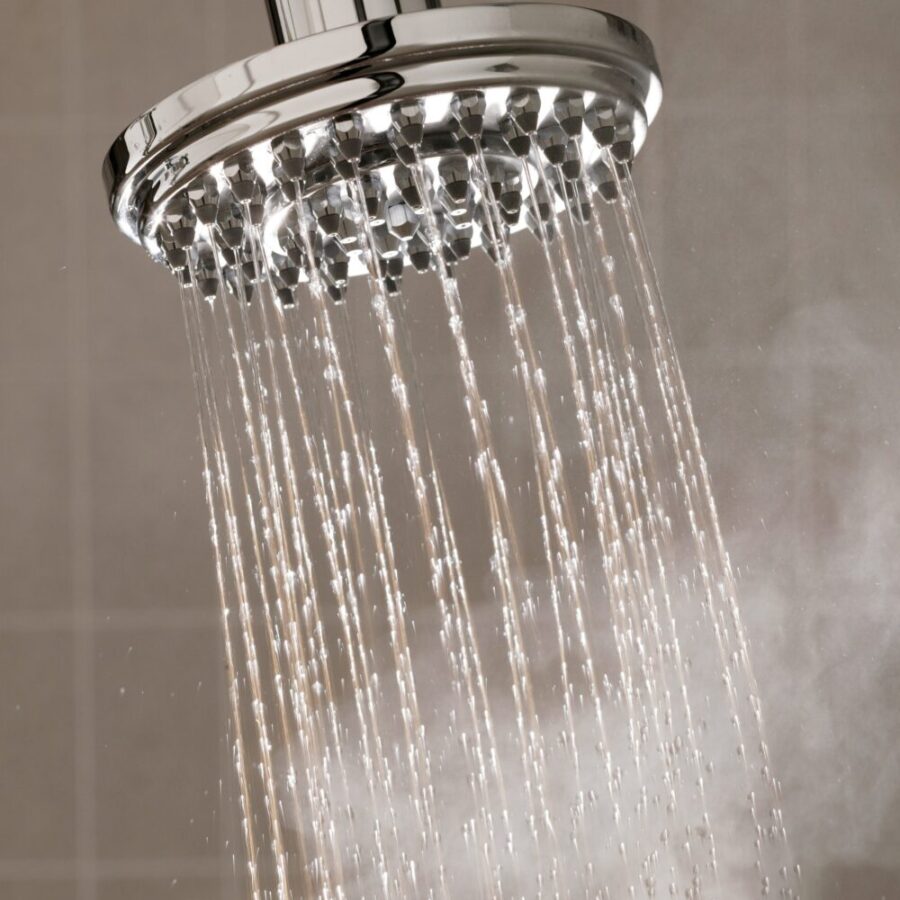
Hot water heaters are major gas consumers, especially if they’re old or set at a high temperature. Lowering the temperature setting on your water heater to 120 degrees Fahrenheit can save energy without sacrificing comfort. Insulating your water heater and pipes can also help retain heat, making your system more efficient.
5. Frequent Use of Gas Appliances
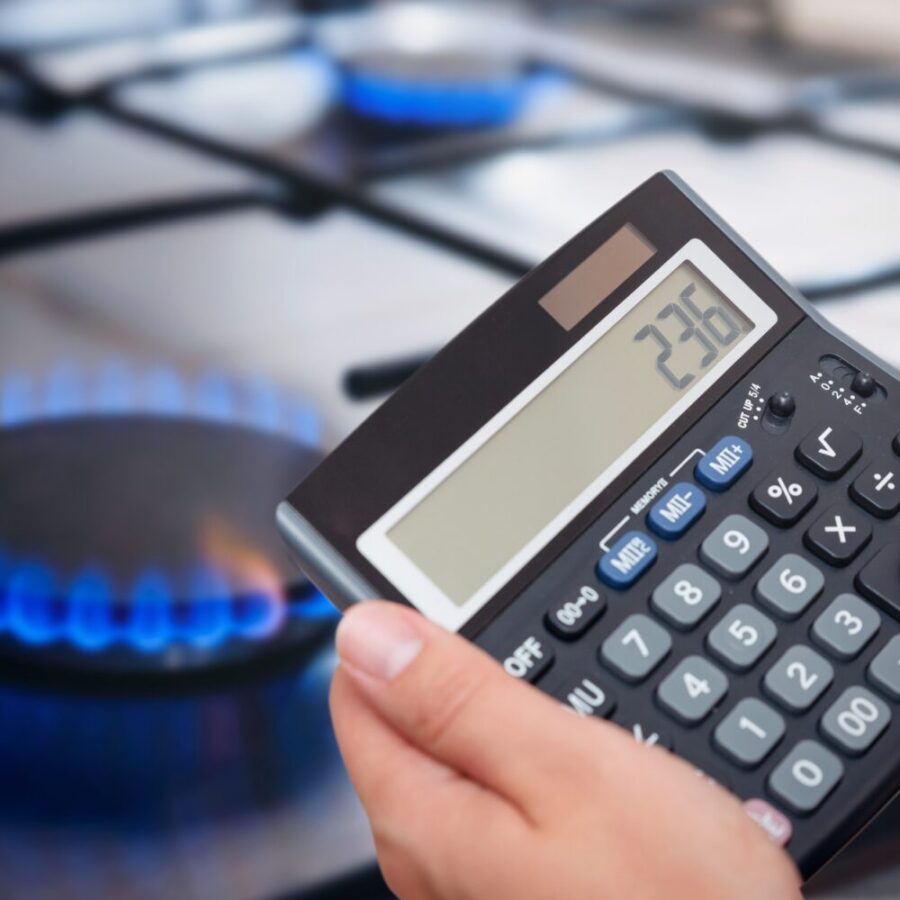
Frequent use of gas stoves, ovens, and dryers can contribute to higher gas bills. Opting for energy-efficient appliances and using them wisely can reduce your gas consumption. For instance, using a microwave or toaster oven for smaller meals instead of a full-sized oven can save gas.
6. Leaky Ductwork
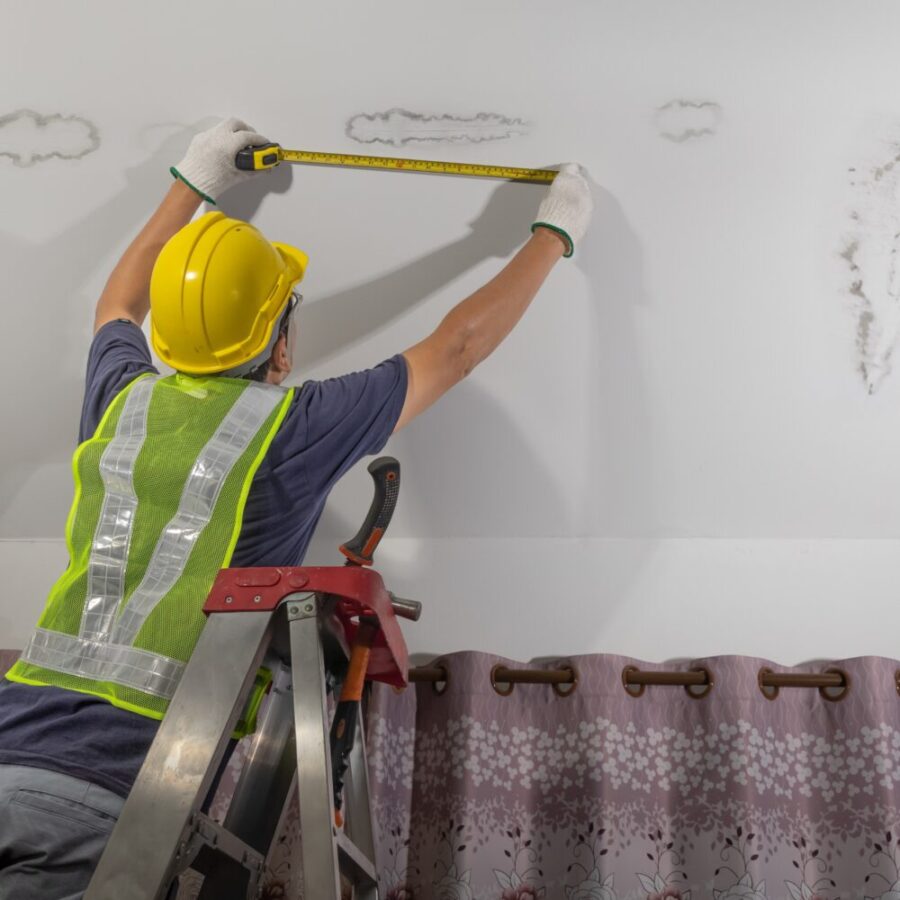
Leaky ductwork can waste up to 30% of the heat produced by your furnace. Inspect your ducts for leaks and seal them with duct tape or mastic sealant to improve efficiency. Professional duct cleaning and sealing services can also ensure optimal airflow and reduce energy waste.
7. Aging Infrastructure

Older homes with outdated plumbing and heating systems can be less energy-efficient. Upgrading to newer, more efficient models can lead to significant savings. Additionally, regular maintenance and timely repairs can prevent small issues from becoming major energy drains.
8. Using Gas Fireplaces

Gas fireplaces can be a cozy addition to your home but can also contribute to higher gas bills if used frequently. Use your fireplace sparingly and ensure it is properly maintained. Consider installing a glass door and using a fireplace insert to improve efficiency and reduce gas consumption.
9. Ignoring Regular Maintenance
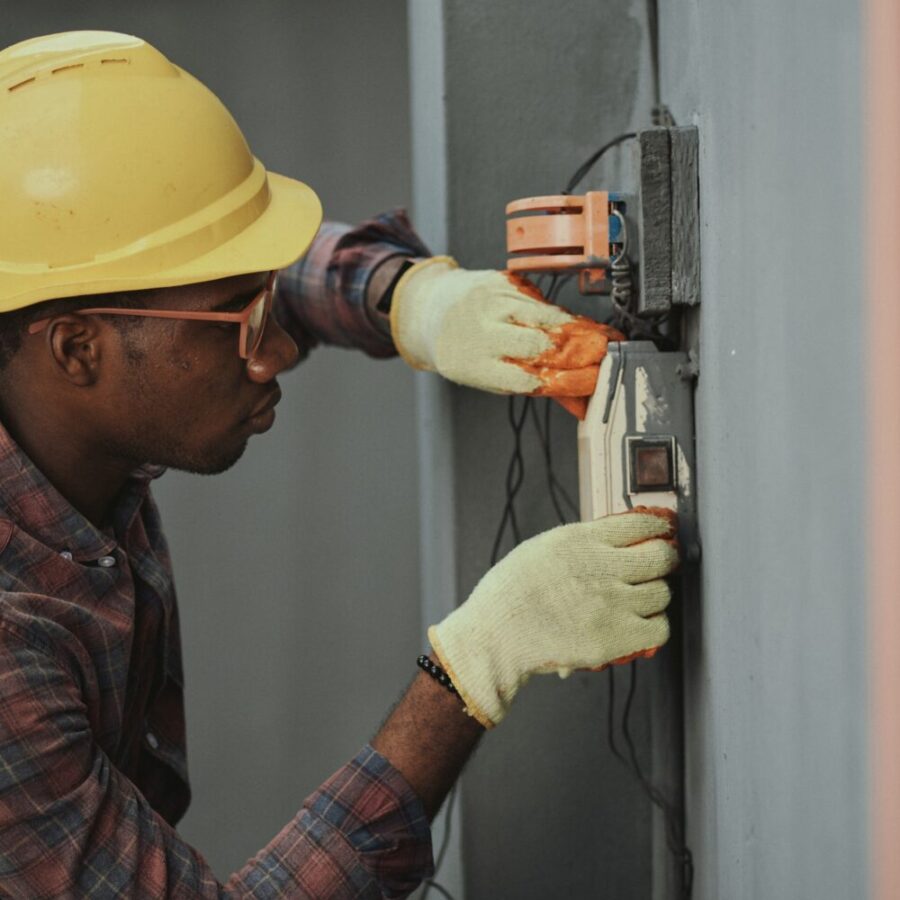
Neglecting regular maintenance of your heating system and appliances can lead to decreased efficiency and higher gas bills. Schedule routine inspections and cleanings to keep everything running smoothly. Replacing worn-out parts and addressing minor issues promptly can prevent costly repairs and save energy.
10. Inefficient Windows
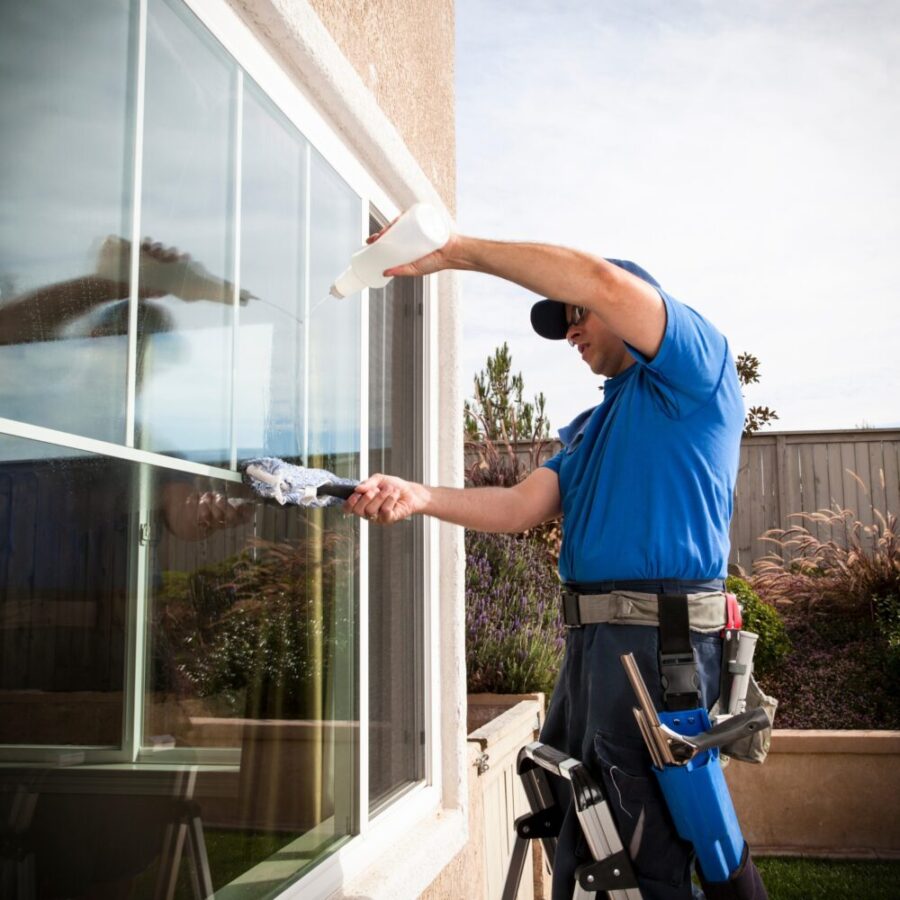
Single-pane windows or windows with poor seals can let out a lot of heat. Upgrading to double-pane or energy-efficient windows can help retain heat and reduce your gas bill. Adding window treatments like heavy curtains or blinds can also provide an extra layer of insulation.
11. Overlooking Weather Stripping
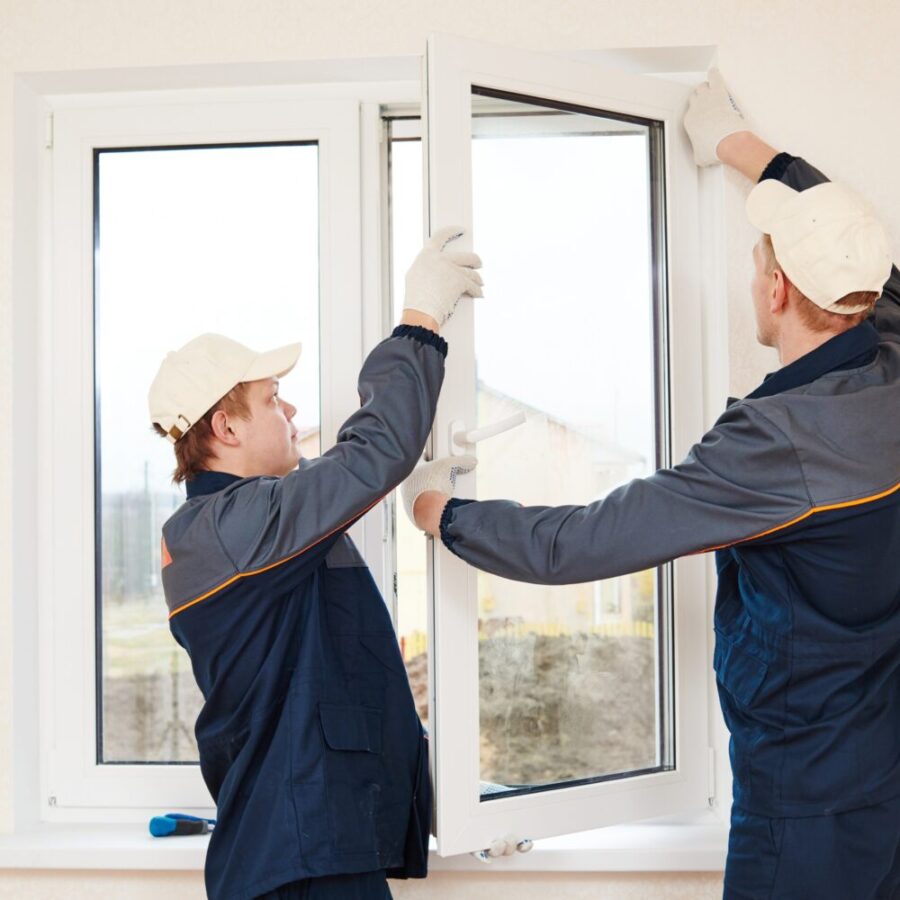
Worn-out weather stripping around doors and windows can allow cold air to enter your home, making your heating system work harder. Inspect and replace weather stripping regularly to maintain a tight seal. This simple and inexpensive fix can lead to noticeable savings on your gas bill.
12. High Usage During Peak Times
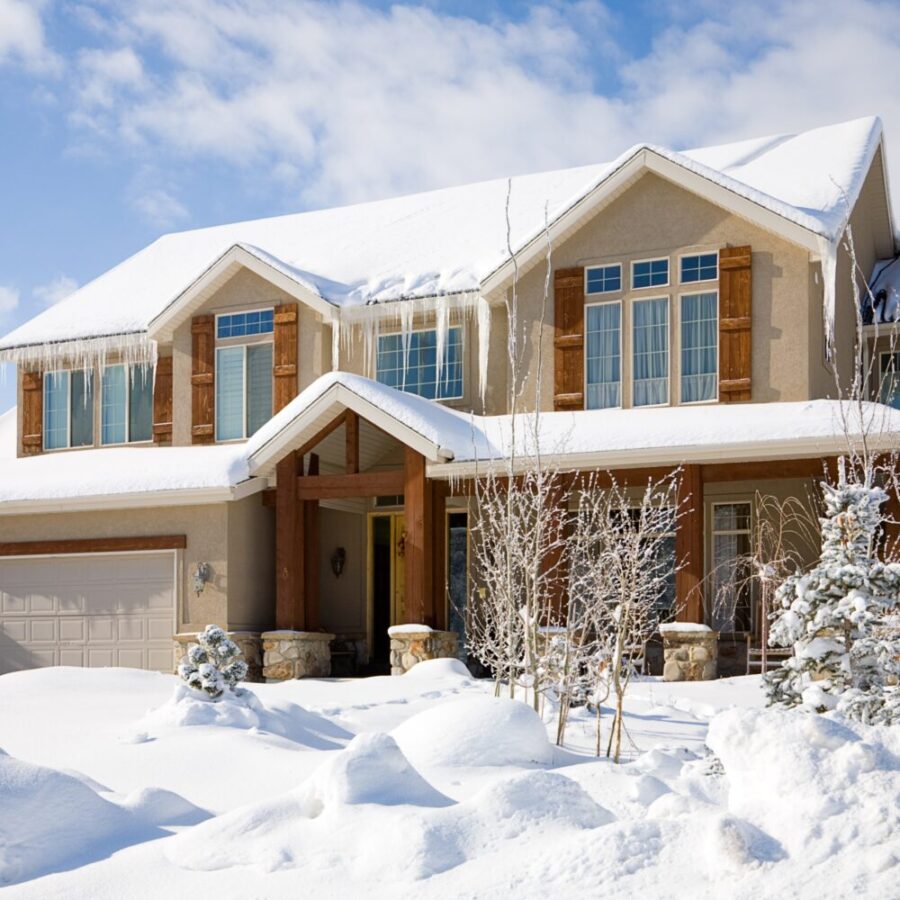
Gas prices can be higher during peak usage times, such as cold winter months. Reducing your gas usage during these periods can help lower your bill. Implementing energy-saving practices, like using space heaters in occupied rooms and wearing warmer clothing, can reduce the need for central heating.
13. Unnecessary Heating of Unused Spaces
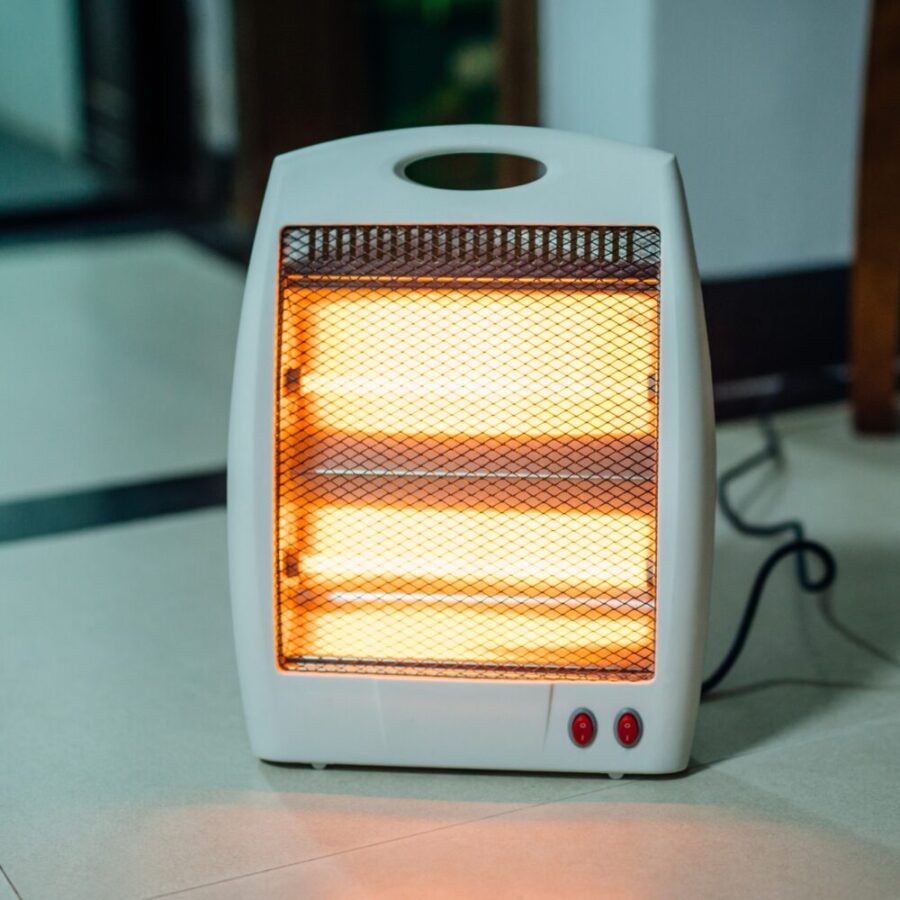
Heating unused rooms in your home can waste a significant amount of gas. Close vents and doors in unoccupied rooms to direct heat where it’s needed most. Using space heaters in frequently used areas can also be more efficient than heating your entire home.
14. Lack of Awareness
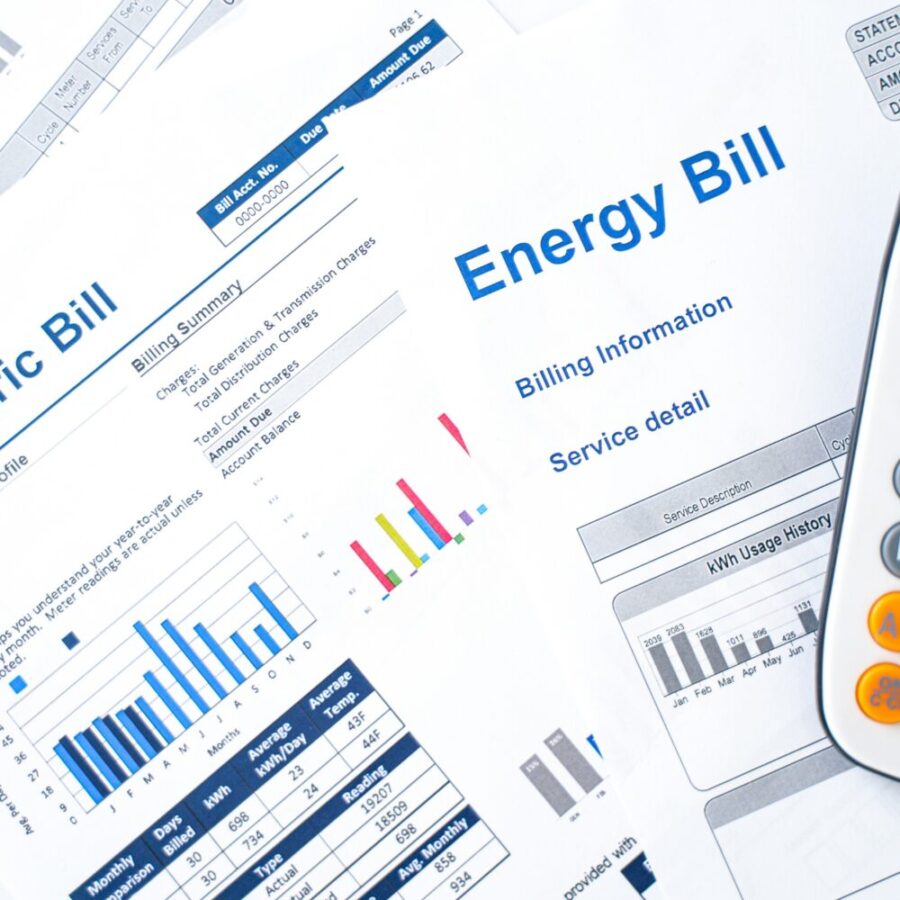
Many people are simply unaware of how their habits and home features contribute to high gas bills. Educating yourself and your household about energy-saving practices can make a big difference. Small changes, like turning off appliances when not in use and fixing drafts, can add up to substantial savings over time.
Take Control of Your Gas Bill

By identifying and addressing these common reasons for high gas bills, you can take immediate steps to reduce your energy consumption and save money. Regular maintenance, smart usage practices, and investing in energy-efficient upgrades can significantly lower your gas bill. Start implementing these tips today and enjoy a more cost-effective and comfortable home.

Ashleigh Clyde is a dedicated youth advocate, journalist, and researcher. Passionate about shedding light on important issues, such as financial literacy and marketing tactics. She has extensive experience in entertainment journalism.
Comments